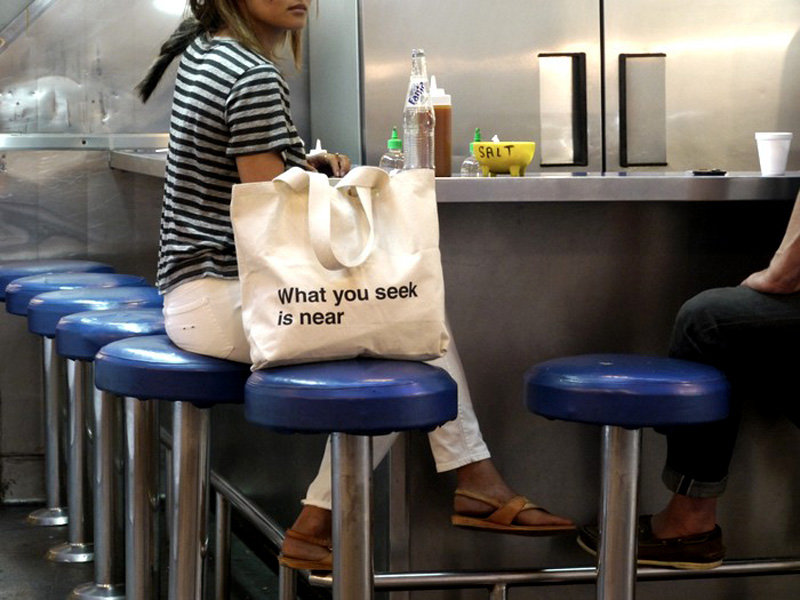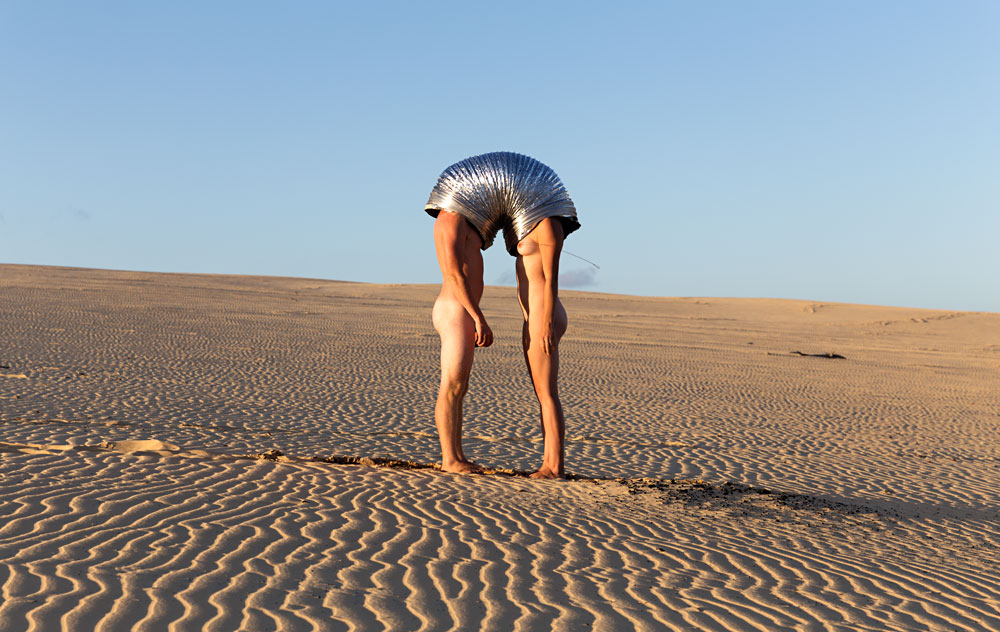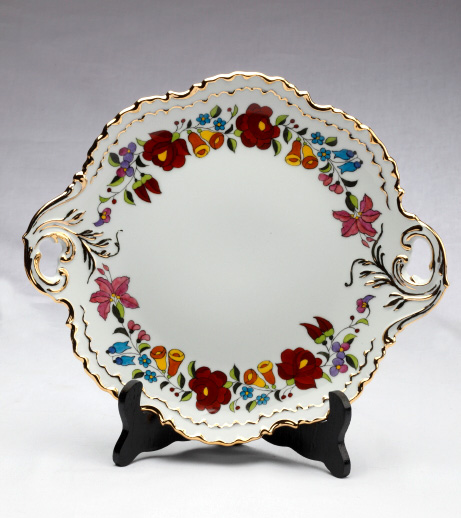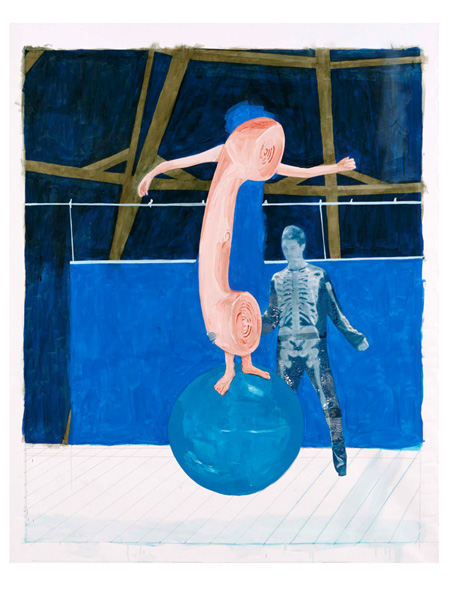CHAPBOOKS
6 Poems from Robin M Eames
Through my writing, I am speaking to something larger than myself. I write in conversation with trans, mad,crip, and sex worker communities, and with all other marginalised peoples whose struggles are bound up with my own.
Body of Sound
I’m excited to curate these artists to celebrate the communicative complexities of the body-sonic sphere. In an environment that is increasingly negotiated through algorithmic and predictive technology, this work allows us to re-examine orality.
ten atmospheres
Ten atmospheres is a graphic sequence that embeds the word atmosphere in a matrix of the alphabet. Ten letters in the word give ten pages; five have the word picked out vertically, five have it picked out horizontally.
The Orbweaver’s Newer Volcanics
We are researching western Melbourne waterways through the period of the late-nineteenth and twentieth centuries, to write and produce a suite of creative works which explore industrial history and environmental change over time, and the lives of people who lived and worked along their banks.
Innocent Eyes!: Ekphrasis and the Defiant Multiplicity of the Female Gaze
The male gaze has been discussed at length. The female gaze, not as much. This ekphrastic project is about the latter.
from Numbers
Numbers is one of several of my new books and chapbooks that are collage-poems or collage with matching poems.
Tell Me Like You Mean It: New Poems from Young and Emerging Writers
‘Emerging’ is a strange word, and ‘strange’ is probably a cop out. It is often arbitrary, sometimes condescending, frequently empowering and often carries with it an incredible sense of community.
Lee Cataldi: New Poems with an Introduction by Joanne Burns
In this selection of poems, Lee Cataldi writes in a spare, lean, direct way, steered by an aesthetic of restraint. She often uses internal spacing and short stanzas to re-enforce her measure. A sense of loss inhabits a number of the poems.
Written Land: A Lionel Fogarty Chapbook
For Lionel Fogarty, the divide between what is said and what goes unsaid, between Indigenous life and non-Indigenous assertions, exemplifies this pressure, poetically and politically.
Things We Inherited: Voices from Africa Curated by Liyou Libsekal
The African continent, being home to thousands of languages and hundreds of varying cultural identities, has richly diverse forms of poetic tradition. The world’s growing focus on the varied African cultures has created new platforms and new avenues open to African artists, writers, poets, musicians and filmmakers, etc.
Heavenly Emporium of Benevolent Knowledge
When we consider the Heavenly Emporium of Benevolent Knowledge, we inevitably find ourselves discussing not the one but the many: the various extant editions of the compendium, the versions lost to fire and flood and strife over the centuries, the diverse and sometimes contradictory volumes that have pretended to the title at one time or another.
Shy nag (a code opera): ACT II
The resultant text became English via Google Translate, and was subsequently processed and filtered through Word spell-check. Since the code is lengthy, over fifty pages, the output was large.
12 Poems from M C Hyland
I’ve always been interested in the question of ‘the personal’ or ‘the autobiographical’ as a category constituted by a fairly arbitrary set of boundaries — in some ways, most of the poetry I write is an attempt to think about what those boundaries entail and mean.
Judith Beveridge’s Twelve Highlights from 2014
Throughout 2014, Judith Beveridge selected one poem per month to spotlight in Cordite Poetry Review, and she delivered excellent choices … writing a bit to each selection. We have compiled them all here in one article. Enjoy!
600 Lines of Blindness & Rage
Blindness & Rage is a verse novel in 34 cantos. Lucien Gracq, suffering from a terminal illness, moves to Paris from Adelaide to live out his last days.
Caledonian Antisyzygy: Seven Contemporary Scottish Poets
When Kent MacCarter asked me whether I’d be interested in selecting some of the younger Scottish poets for readers to sample in Cordite Poetry Review, of course I agreed … I like the way this magazine takes its introductions seriously, and wants to bring the rest of the world to Australia and vice versa. I’m the Director of the Scottish Poetry Library in Edinburgh, and there is a lot going on at the SPL, especially during the summer when the festivals are on and the desk is the last place you’re sitting.
Spoon Bending: A Chapbook Curated by Kent MacCarter
There is no such thing as a good poem about nothing? What does that mean, exactly? And what’s all this about spoon bending anyways?
Story Circle: The Transnational Story Hub and the Inspiraciones Literarias
In February 2012, the Transnational Story Hub (University of Wollongong writers) responded in poetry to Collections of Hopes and Dreams, an exhibition of artifacts and stories of migration and settlement in Australia at the Wollongong City Gallery.
An initiative of the Migrant Heritage Project and curated by Eva Castle, this exhibition recorded the experiences of European migrants and refugees (Croatian, German, Hungarian, Polish, Ukrainian) who arrived in the Illawarra after World War II. Aptly titled The Story Circle: Bearing Witness to Hopes and Dreams, our poetry response project was supported by the South Coast Writers Centre and its Director Friederike Krishnabhakdi-Vasilakis.
Proteaceae: A Chapbook Curated by Peter Minter
In January 2013 I visited the inaugural exhibition of the new Blue Mountains City Art Gallery, an eclectic and compelling collection of works curated by Gavin Wilson and entitled ‘Picturing the Great Divide: Visions from Australia’s Blue Mountains’. I stood for what seemed like an hour before John Wolseley’s wonderful ‘The Proteaceae of NSW and Argentina 1996’ – a water colour and pencil work that is part of his ongoing creative enquiry into geological and biological temporalities, and one which advances an intensely felt and thought aesthetic of deep trans-historical and trans-biological emergence.
Presence: A Chapbook Curated by Graham Nunn
When I was invited by Cordite to curate this chapbook, my mind filled with one word … presence.
Wandering through the Universal Archive
One of the sequences produced by the collaborative entity, A Constructed World, renders the phrases ‘No need to be great’ and ‘Stay in Groups’ in a range of media – silk-stitch, screen print, photography and painting. One of the painted versions of the image shows a naked woman covered in yellow post-it notes overseen by a hulking, shadowy male. These figures represent the artists Jacqueline Riva and Geoff Lowe. The image appears again in the form of a photograph and the installation was staged in various places around the world – as if the only way to get the message across would be to subject it to constant repetition in as many different formats as possible. Indeed, a number of the collective’s performances and installations attest to the impossibility of communication – even as these take the form of images that can’t fail to deliver. Avant Spectacle A Micro Medicine Show, 2011, features skeleton-costumed performers inexpertly singing and playing instruments while six knee-high wooden letters – S, P, E, E, C and H – burn like small condemned buildings at front of stage.
NZ 6-Seater: A Chapbook Curated by Ian Wedde
Invited by Kent MacCarter to convene a 6-seater of local poets from this neck of the Pacific woods – New Zealand – I faced the usual short list of questions we all try to avoid answering:
1. What do you mean, ‘local’?
2. What do you mean, ‘Pacific’?
3. Can I invite my friends?

